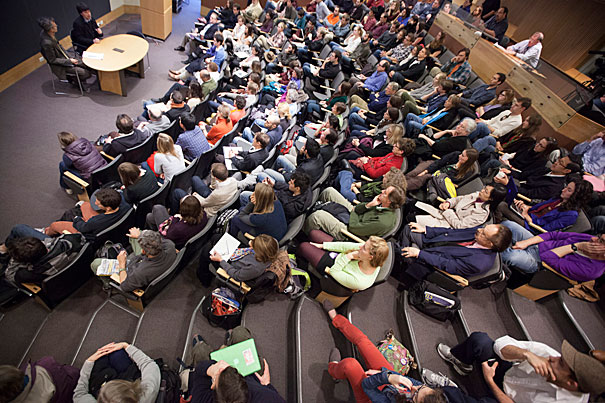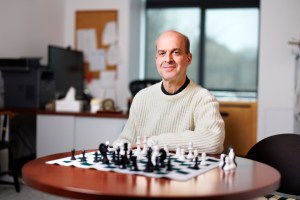Science & Tech
-

When you do the math, humans still rule
Harvard’s Lauren Williams, a MacArthur ‘genius,’ joins international effort to challenge notions of AI supremacy
-

‘Imagination’
Less like a picture, more like a video game? Cognitive scientist explains how we ‘see’ what isn’t real.
-

Breaking chess’s rating stalemate
Ranking skill can be tricky when the best players draw more than they win, so a Harvard statistician invented a new method

-

How AI deepfakes have skirted revenge porn laws
Limits unclear when explicit images of individuals look real, but are digitally generated
-
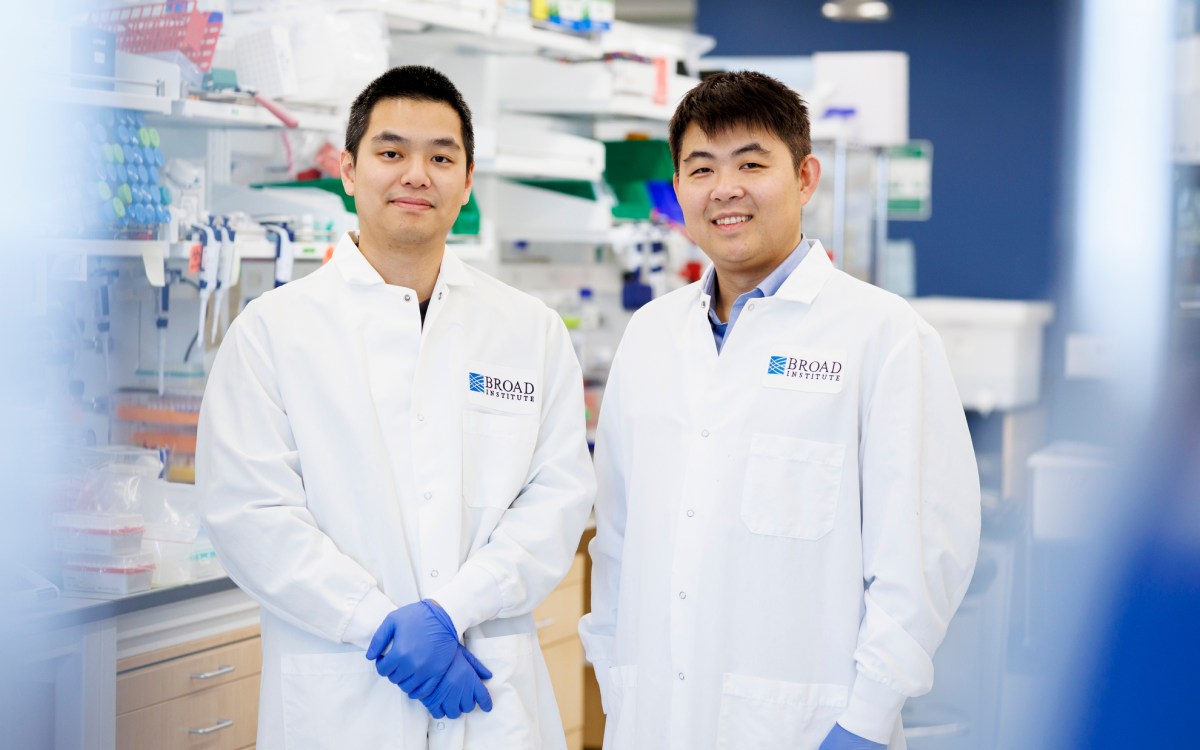
How did that cancer cell become drug-resistant?
Researchers find way to create microscopic archives of gene activity to gain insights into how, why changes happen

-
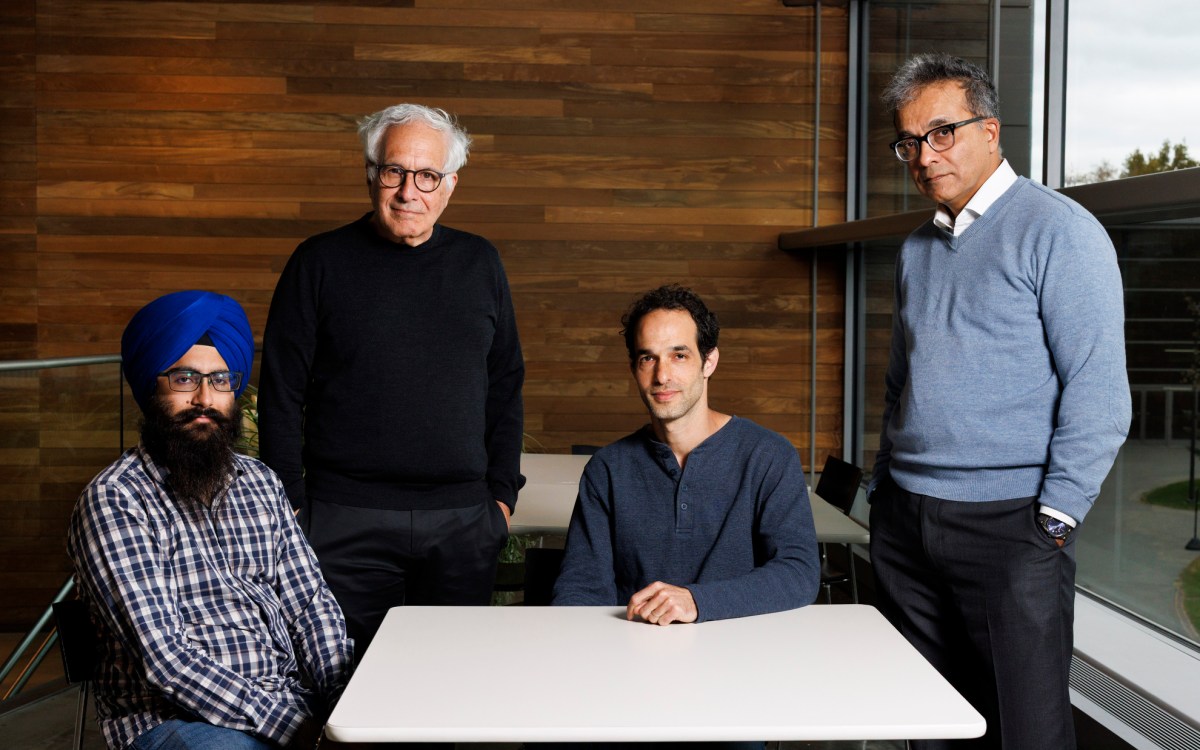
Want to speed brain research? It’s all in how you look at it.
New AI-enhanced scanning method promises to boost quest for high-resolution mapping
-
Using explosions to power soft robots
Using small explosions produced by a mix of methane and oxygen, researchers at Harvard have designed a soft robot that can leap as much as a foot in the air.
-
Robots with lift
Using small explosions produced by a mix of methane and oxygen, researchers at Harvard have designed a soft robot that can leap as much as a foot in the air. That ability to jump could one day prove critical in allowing the robots to avoid obstacles during search and rescue operations.
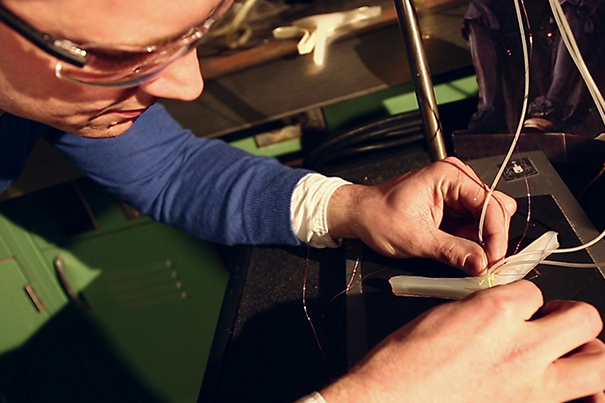
-
New ways to fund science
As research funding dwindles, scientists need to rethink their methods for supporting the most promising projects, and how they communicate their work to the public, Nobel Prize–winning geneticist Paul Nurse told an audience of Harvard scientists.
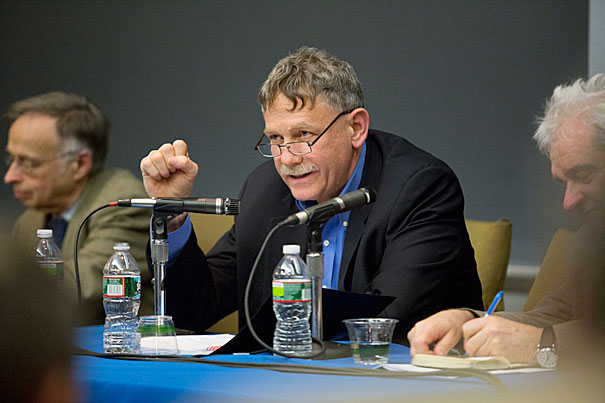
-
Technology’s new frontier
Scholars are beginning to learn what’s working and what’s not when it comes to using new media to get people to do what you want, and a conference on “Behavioral Economics, Social Media, and Apps” at Harvard Law School Feb. 6 brought together experts from academia and business to discuss it.
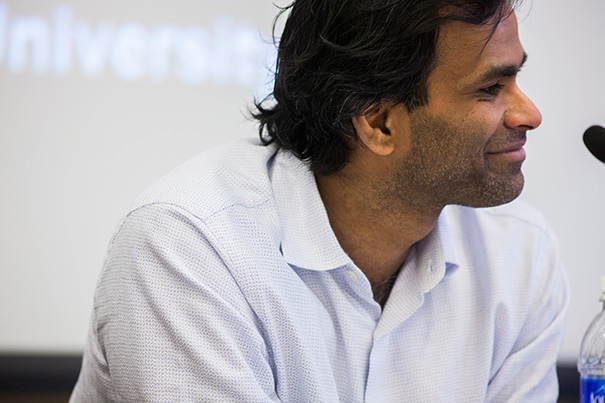
-
The sky as a ‘sewer’
Former Vice President Al Gore repeated his call for action on climate change Wednesday, saying society is treating the skies as an “open sewer.” He spoke at Harvard’s Memorial Church in a session sponsored by the Harvard School of Public Health’s Center for Health and the Global Environment.
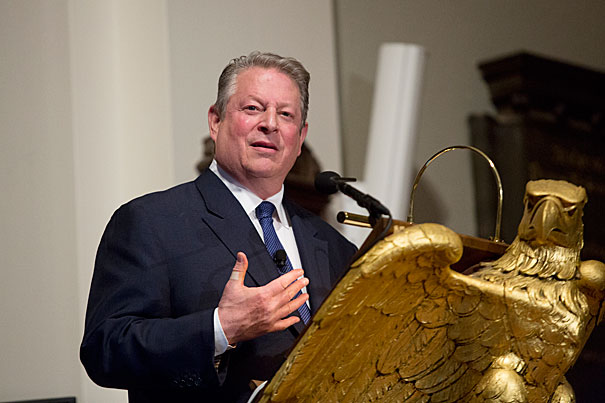
-
Technology to help monitor concussions
Researchers recently completed the first clinical study of a new rapid neuroassessment device they developed to quantitatively measure neuromuscular performance. The team is currently conducting a study with athletes in the Boston area to determine the sensitivity of the technology in diagnosing concussions.
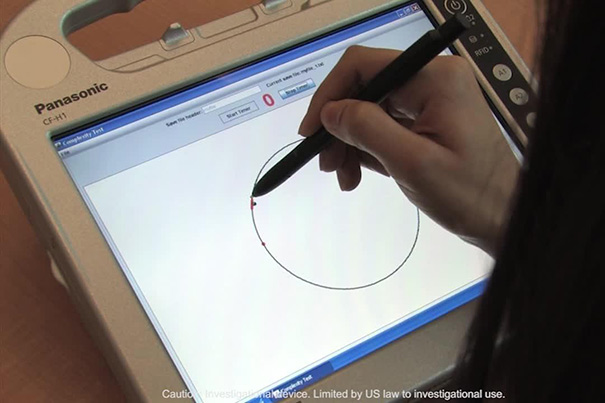
-
Competition that computes
It might appear that evacuating a major city following a natural disaster and playing foosball have little, if anything, in common. For students participating in the IACS Computational Challenge, however, both are problems that can be tackled with some clever coding.
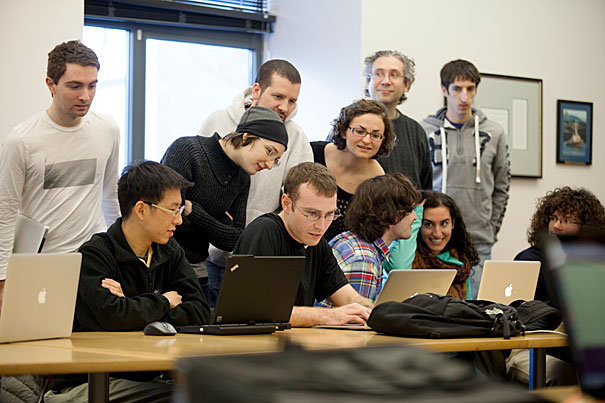
-
When fairness prevails
Using computer simulations designed to play a simple economic “game,” researchers at Harvard’s Program for Evolutionary Dynamics showed that uncertainty is a key ingredient behind fairness. Their work is described in a Jan. 21 paper in the Proceedings of the National Academy of Sciences.
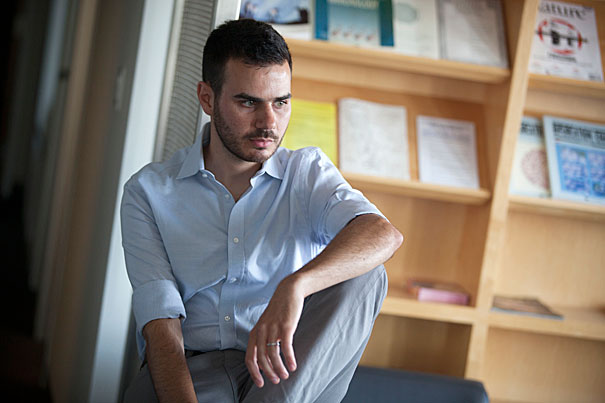
-
Hack Week nurtures innovators
Seventeen teams of Harvard students toiled on campus during the last days of winter break, working to finish computer projects during the annual Hack Week sponsored by the Hack Harvard student group.
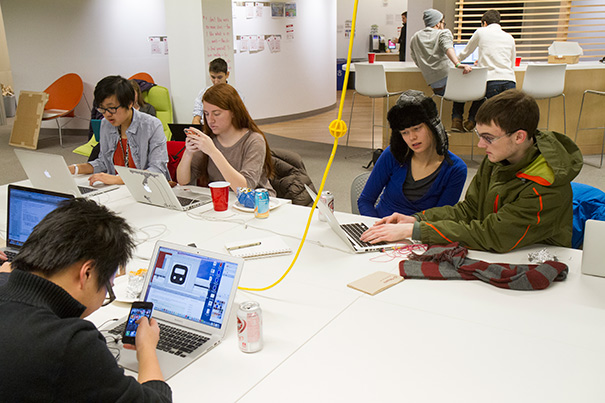
-
An idea that changed the world
Harvard celebrates the 100th anniversary of a computational principle that was little noticed in its time, but that underlies all of modern science.
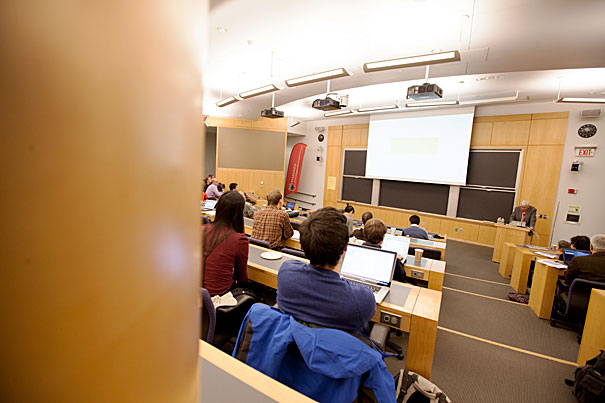
-
An early sign of spring, earlier than ever
Record warmth in 2010 and 2012 resulted in similarly extraordinary spring flowering in the eastern United States — the earliest in the more than 150 years for which data is available— researchers at Harvard University, Boston University, and the University of Wisconsin have found.
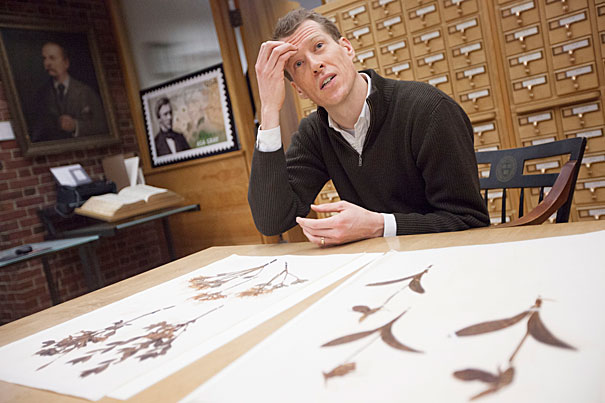
-
First ‘bone’ of the Milky Way identified
Astronomers have identified a new structure in the Milky Way: a long tendril of dust and gas that they are calling a “bone.”
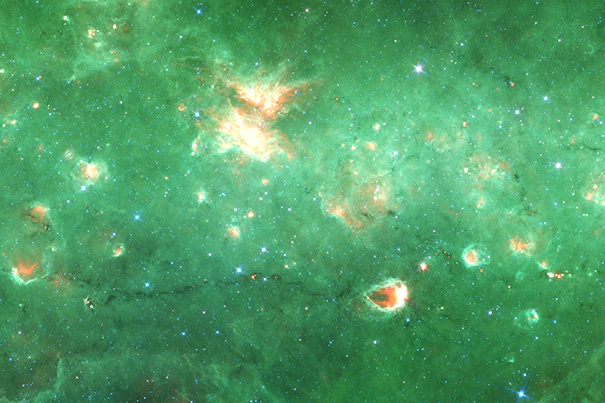
-
Search for Earth’s twin shows promise
The quest for a twin Earth is heating up. Francois Fressin, of the Harvard-Smithsonian Center for Astrophysics (CfA), presented the new analysis of Kepler data that shows that about 17 percent of stars have an Earth-sized planet in an orbit closer than Mercury.
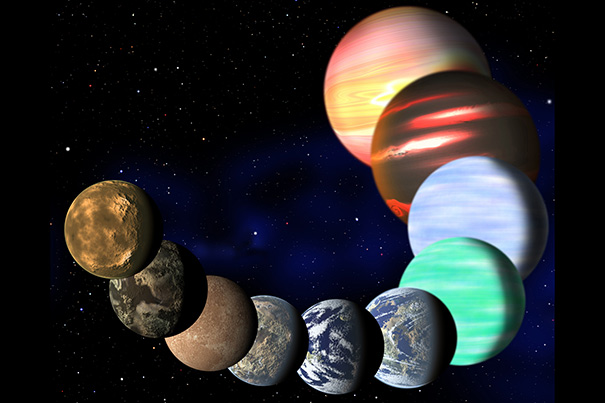
-
Building a better machine
Students in the “Physics and Applied Physics Research Freshman Seminar” labored hard to improve on a model heat engine, continuing the work of a previous class.
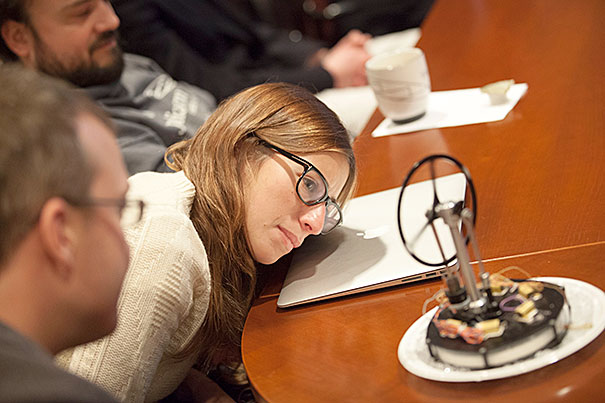
-
Climate change on world stage
In a question-and-answer session, Professor Robert Stavins discusses the recent international conference on climate change, and the prospects for nations to reach agreement on a plan to confront it.
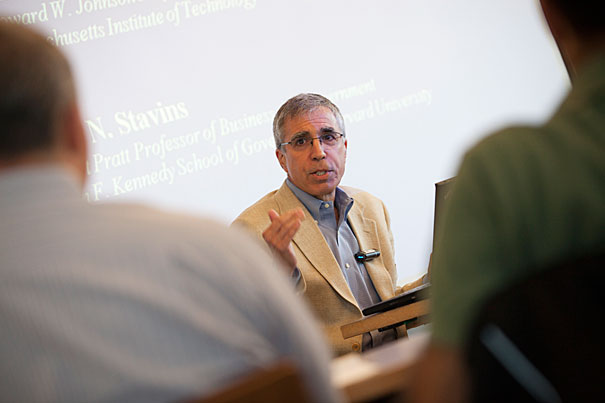
-
Corn in a changing climate
Harvard researchers have concluded that omitting the adaptive ability of crops from assessments of potential damages from a warming climate could substantially overestimate losses to U.S. maize yields.
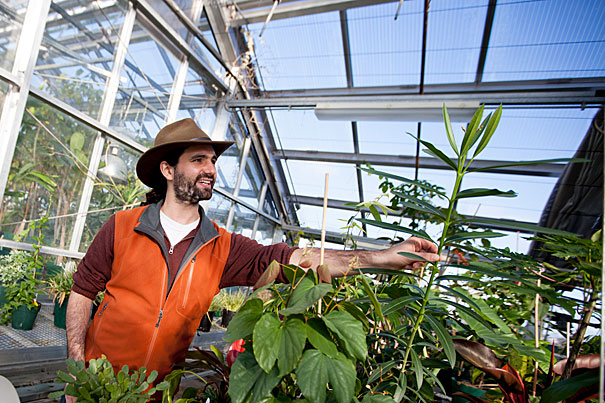
-
A military base, reborn
Harvard design students imagine multiple futures for a longtime New England military base.

-
Lessons for the next Sandy
Disaster relief dollars flowing to those affected by hurricanes like Sandy and Katrina represent an important opportunity to ensure that communities are better able to withstand the stronger storms and higher seas likely coming as climate change worsens, panelists said.

-
A notion to cool the skies
An international regulatory framework is needed to govern possible research and deployment of engineering approaches to counter climate change, an authority on environmental law says.
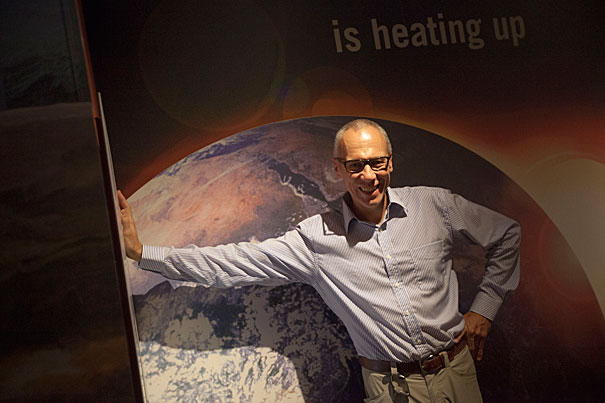
-
For a day, geek is chic
Hundreds of students — hackers and newcomers alike — showed off their programming chops at Monday’s CS50 Fair, a raucous exhibit of mobile apps, websites, and other projects created for Harvard’s wildly popular computer science class.
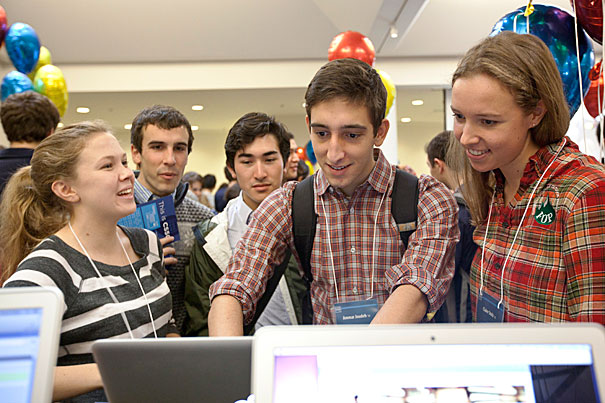
-
AA benefits vary between sexes
A new study finds differences in the ways that participation in Alcoholics Anonymous helps men and women maintain sobriety.
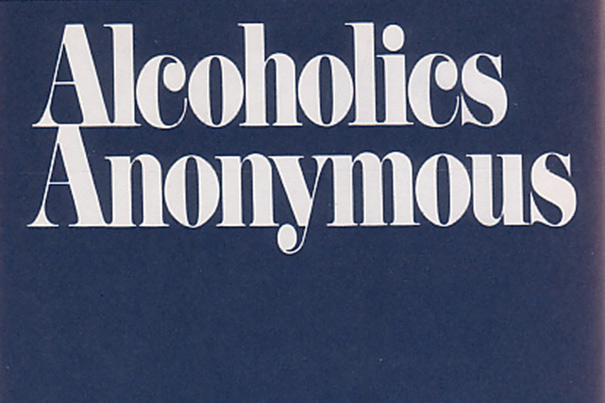
-
Reality of rising sea levels
Harvard Law School Professor David Barron offered a range of ideas as he addressed the challenges presented by rising sea levels.
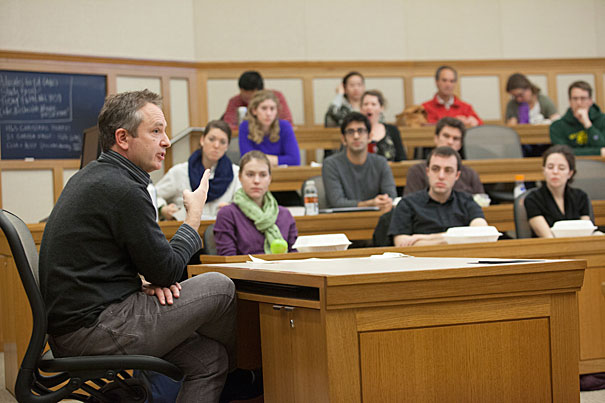
-
Two Harvard teams win energy grants
Two Harvard-led teams are among the 66 selected by the Department of Energy’s Advanced Research Projects Agency – Energy (ARPA-E) that will receive a total of $130 million in funding through its OPEN 2012 program, which is designed to support innovative energy technologies.
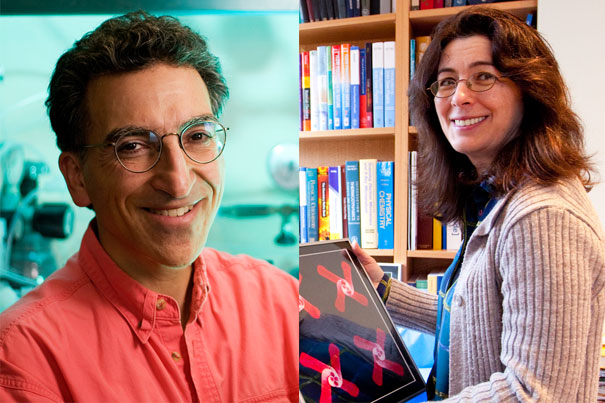
-
Building with DNA bricks
Researchers at the Wyss Institute for Biologically Inspired Engineering at Harvard University have created more than 100 3-D nanostructures using DNA building blocks that function like Lego bricks — a major advance from the two-dimensional structures the same team built a few months ago.
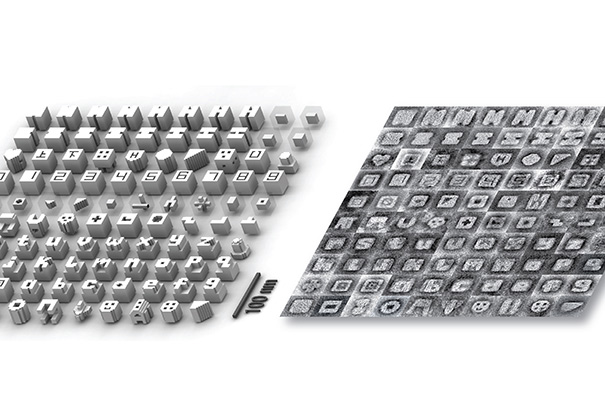
-
New device hides from infrared cameras
A new device invented at the Harvard School of Engineering and Applied Sciences (SEAS) can absorb 99.75 percent of infrared light that shines on it. When activated, it appears black to infrared cameras.
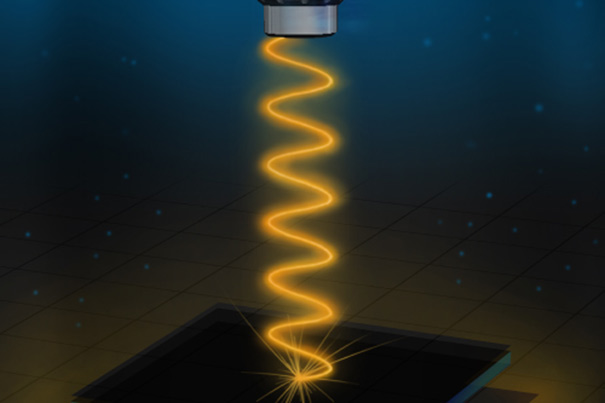
-
Ancient Iraq revealed
Jason Ur, the John L. Loeb Associate Professor of the Social Sciences, earlier this year launched a five-year archaeological project — the first such Harvard-led endeavor in the war-torn nation since the early 1930s — to scour a 3,200-square-kilometer region around Irbil, the capital of the Kurdish region in northern Iraq, for the signs of ancient cities and towns, canals, and roads.

-
Steps toward sustainable seafood
Harvard University Dining Services has turned its attention to sustainable seafood, an effort that may lead to new institutional standards for purchasing.
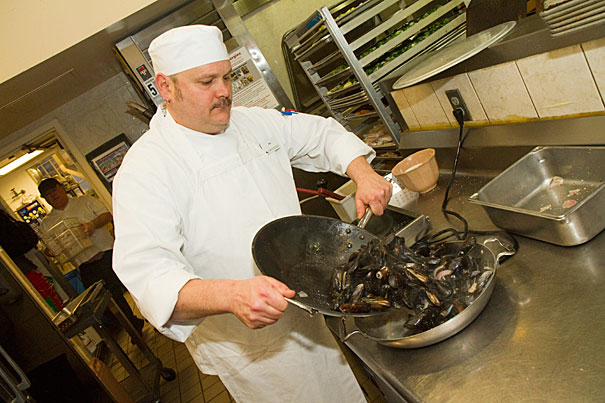
-
Ways of seeing
Harvard scientist Margaret Livingstone uses works of art to explore the workings of the brain.
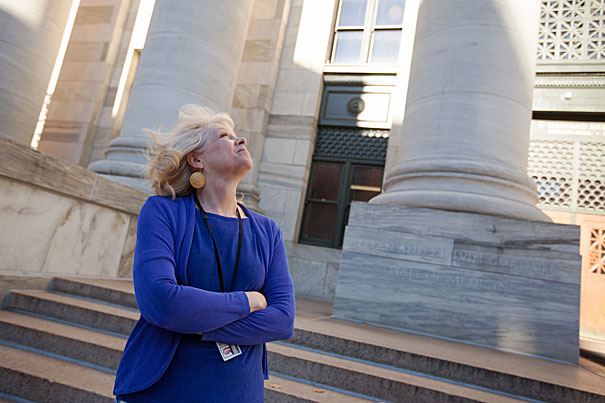
-
Tipping science on its head
Scientist and Princeton University President Shirley Tilghman argued for a new approach to teaching science to college students, introducing it earlier in the learning process.

-
When the sky turned black
Director Ken Burns presented clips of his new documentary on the Dust Bowl at Harvard’s Boylston Hall, talking about the creative process that he uses in his films.
